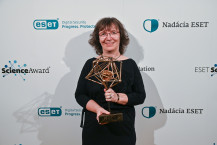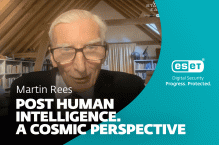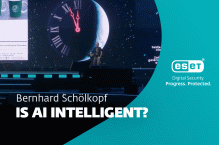While carbon dioxide typically takes center stage in discussions about climate change, methane emissions have historically flown somewhat under the radar. So what's the real story with methane and how exactly do the emissions of this powerful greenhouse gas accelerate climate change?
Increased awareness of methane’s potent warming effect and the urgency of reducing methane emissions have prompted a slew of methane-reducing initiatives. To get a grip on the problem, however, the world first needs to identify emission sources with pinpoint accuracy. This is where state-of-the-art satellite technology comes in.
In his talk, the legendary engineer and entrepreneur Tony Fadell talks about MethaneSAT, a pioneering satellite that orbits the planet in order to map and track the sources of methane emissions primarily from oil and gas operations, which, along with agriculture and landfills, account for most methane emissions globally. The wealth of data provided by methane-monitoring satellites will be key not only for identifying methane leaks, but also for informing regulations and enforcement strategies.
ESET’s commitment to promoting scientific innovation and progress is seen in its ongoing efforts to foster a deep appreciation for science, celebrate the power of groundbreaking research, and connect with leading thinkers in technology and science. ESET recently partnered with Starmus, the global science communication festival, and brought its 7th edition to Bratislava, Slovakia, in May 2024.The festival featured a number of thought-provoking perspectives from some of the planet’s foremost thinkers. You can now relive the experience from the comfort of your home and get a taste of how the power of technology is being harnessed to tackle some of the most pressing challenges facing the world today.







